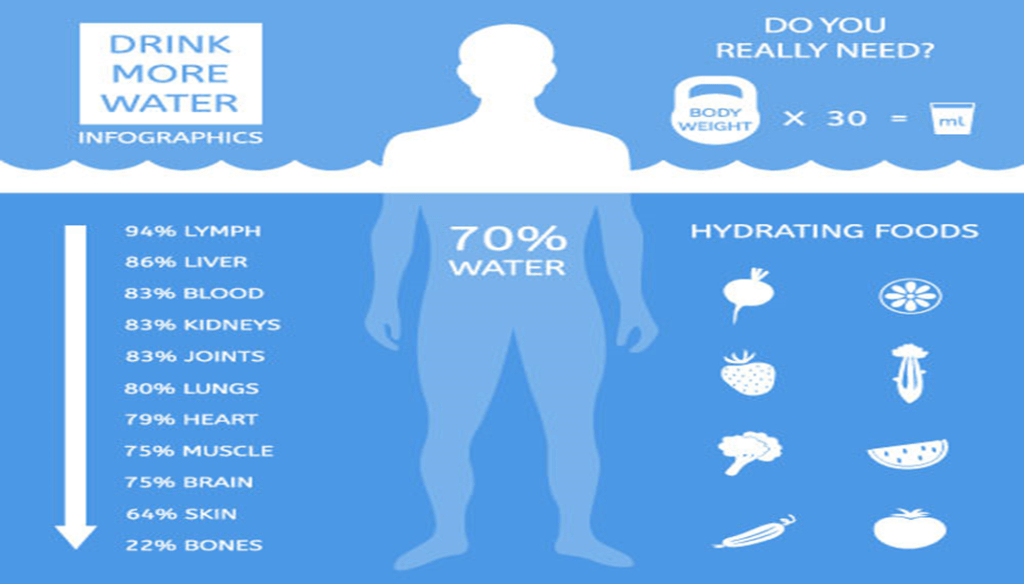A recent study has found that 75% of Indians are dehydrated to some degree. This is a concerning issue as dehydration can lead to serious health problems, and its symptoms are often subtle and easily overlooked. In this essay, we will discuss the dangers of dehydration, its causes, symptoms, and preventive measures.
What is dehydration?
Dehydration occurs when the body loses more fluid than it takes in. The human body is made up of about 60% water, and it needs water to function properly. When the body loses water, it also loses important electrolytes like sodium, potassium, and chloride. These electrolytes are important for proper cell function, and their loss can lead to serious health problems.
Causes of dehydration
Dehydration can be caused by a variety of factors, including excessive sweating, diarrhoea, vomiting, and not drinking enough water. People who engage in strenuous physical activity or who are exposed to hot temperatures for extended periods of time are particularly susceptible to dehydration. However, one of the biggest challenges with silent dehydration is that it can affect anyone, regardless of age or health status.
Symptoms of dehydration
One of the biggest challenges with dehydration is that the symptoms can be subtle, and many people may not realize that they are dehydrated until it is too late. Common symptoms of dehydration include thirst, dry mouth, fatigue, and headache. If dehydration is severe, symptoms can include dizziness, confusion, rapid heartbeat, and even seizures.
Preventive measures
It is essential to be aware of the signs and symptoms of dehydration to prevent it. Drinking plenty of water throughout the day is the best way to stay hydrated. Eating foods that are high in water content, such as fruits and vegetables, can also help keep you hydrated. Sports drinks or foods that are high in electrolytes, such as bananas, avocados, and leafy greens, can help to replenish lost electrolytes. It is also important to seek medical attention if you suspect that you are dehydrated.

Why In News
A recent study found that 75 per cent of Indians are dehydrated to some degree. This is a concerning statistic because dehydration can lead to serious health problems and even be life-threatening in severe cases. It’s important for people to be aware of the signs and symptoms of dehydration and take steps to prevent it by drinking enough water, eating foods high in water content, and seeking medical attention if necessary. By staying hydrated, individuals can improve their overall health and well-being.
MCQs about dangers of dehydration
-
What is dehydration?
A. The body’s loss of important electrolytes like sodium, potassium, and chloride
B. The body’s inability to absorb nutrients from food
C. The accumulation of toxins in the body
D. The body’s loss of water due to excessive sweating
-
What are the common symptoms of dehydration?
A. Dizziness, confusion, rapid heartbeat, and seizures
B. Thirst, dry mouth, fatigue, and headache
C. Nausea, vomiting, stomach pain, and fever
D. None of the above
-
Who is particularly susceptible to dehydration?
A. Children and the elderly
B. People who engage in strenuous physical activity
C. Those who are exposed to hot temperatures for extended periods of time
D. All of the above
-
What is the best way to prevent dehydration?
A. Drinking plenty of water throughout the day
B. Eating foods that are high in water content
C. Drinking sports drinks or eating foods that are high in electrolytes
D. All of the above
Boost up your confidence by appearing our Weekly Current Affairs Multiple Choice Questions
![]()


